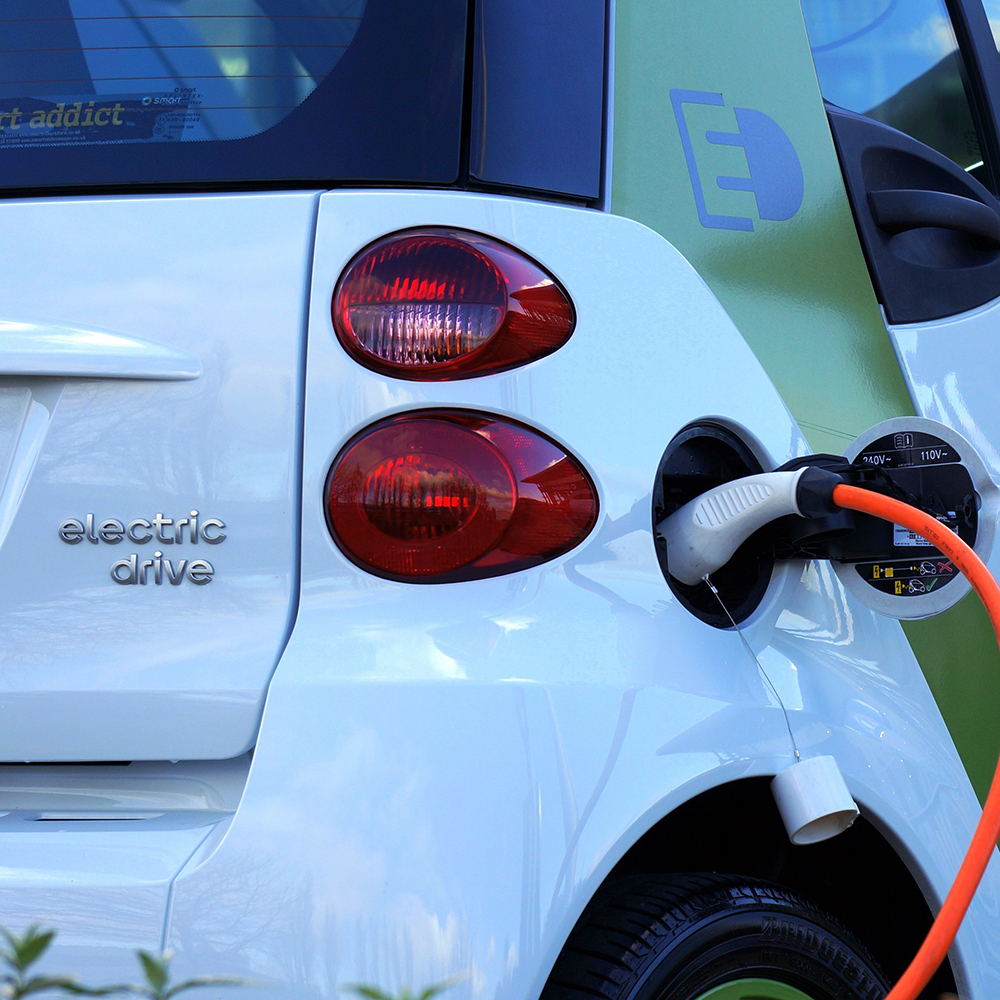Here are a few examples:
And one more, since it directly relates to a recent PRI op-ed:
Colorado district to rely on diesel buses for challenging routes green buses can’t handle
When in September 2020 Gov. Gavin Newsom used an executive order to outlaw the sale of new internal-combustion automobiles by 2035, Californians were promised a clean, bright and prosperous tomorrow of zero-emission vehicles.
“This is the next big global industry, and California wants to dominate it,” Newsom said during the signing ceremony. The auto makers that resist the zero-emission trend will emerge “on the wrong side of history,” and unable “to recover economically.”
Assurances of green rainbows forever were renewed in August 2022, when the unelected members of the Air Resources Board approved the governor’s “trailblazing” order. Ahead was a future of cleaner air, a climate that could breathe easier and consumer savings. No doubts were expressed.
Every policymaker and adviser involved should have known the guarantees were a marketing fantasy, and probably did. But who can pass up an opportunity for immediate green gratification when the costs of impulsive, agenda-driven policy decisions aren’t immediate but down the line, and will be paid by others?
While coverage of the EV unwinding was all over the media, Newsom was in China:
- Visiting his climate collaborator (whose “coal power spree continues,” with Beijing having “permitted more coal power plants last year than any time in the last seven years,” reports National Public Radio, “the equivalent of about two new coal power plants per week.”)
- Lusting over a $150,000 self-driving SUV – “I want two,” he told reporters after driving one.
- And gushing over the ambition of “a partner like” the Guangdong Province, which signed a new climate partnership with California, “in our efforts to make the tailpipe a thing of the past.”
Maybe there will be a miracle on 10th Street in Sacramento that will make the EV dream come true. But in the (likely) event that doesn’t happen, what’s California going to do as 2035 approaches and reality overtakes the aspirations? Will someone, anyone convince policymakers they need to rethink and adapt to conditions? If California refuses to correct its course, it will move that much further away from the promise it offered for so many decades.
Kerry Jackson is a fellow with the Center for California Reform at the Pacific Research Institute.


